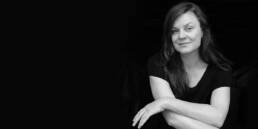
The Berlin International Film Festival, usually referred to as the Berlinale, is one of the ‘Big Three’, alongside the Venice Film Festival and Cannes Film Festival, and in its 70th edition, the veteran festival still remains the most political one. After 19 years of festival leadership under Dieter Kosslick, a new era has begun under artistic director Carlo Chatrian and executive director Mariette Rissenbeek.
This year’s program was slightly reduced from 400 screenings in 2019 to no more than 340 new films. The heart of the Berlinale remains the Competition section with 18 films competing for the Golden and Silver Bear, six of which are directed or co-directed by women. A number higher than at Cannes and especially Venice, whose 2019 edition only selected two women directors out of 21, but down from last year’s 45 per cent record. The festival honoured Oscar-winner Dame Helen Mirren with its Homage and awarded her the Honorary Golden Bear for her lifetime achievement.
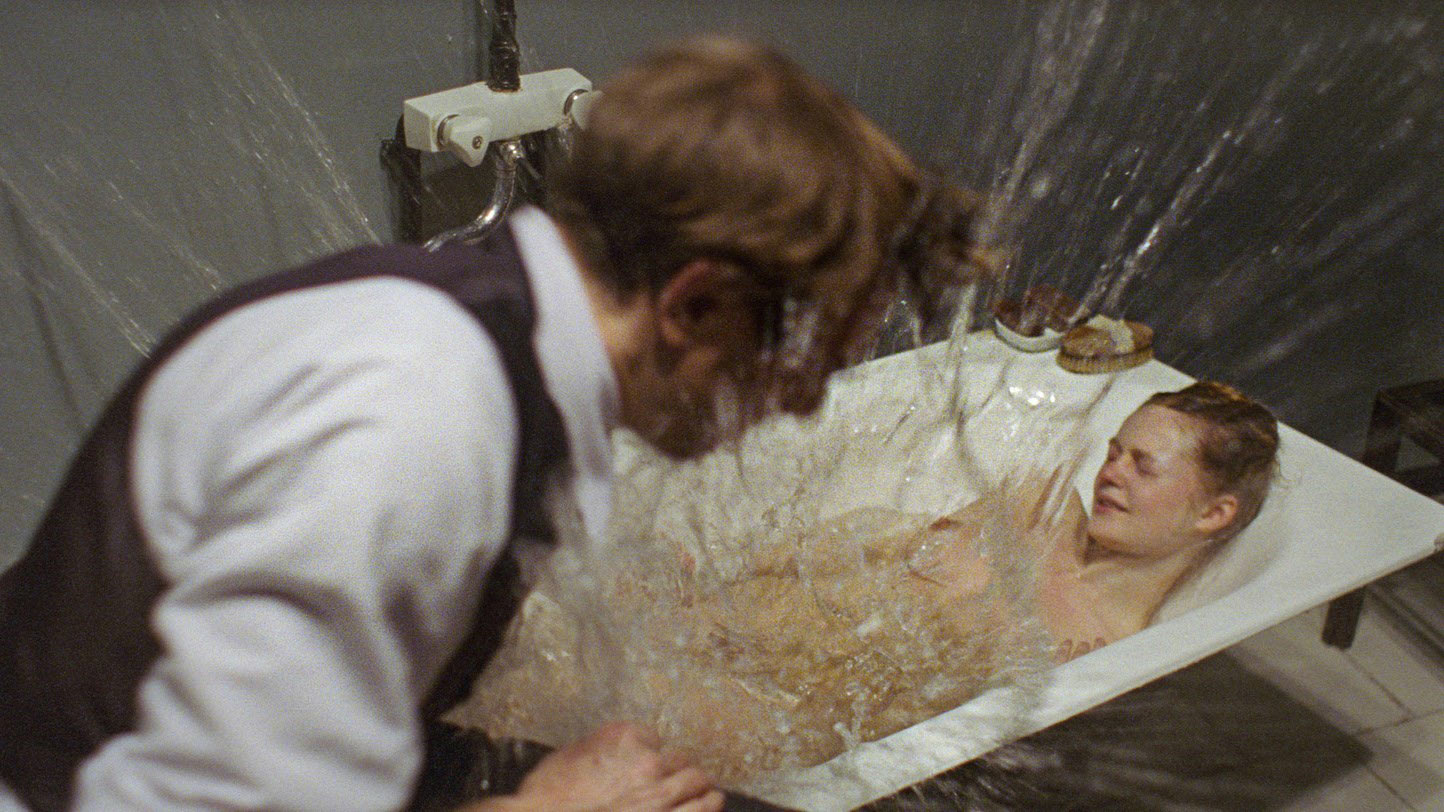 DAU, ©PHENOMEN FILMS
DAU, ©PHENOMEN FILMS
This year the festival was not without controversies. From British actor Jeremy Irons heading this year’s jury to Berlinale’s first director, Alfred Bauer, being a Nazi, resulting in the Berlinale suspending a major prize named after Bauer. To these controversies, we have to add the negative criticism the film DAU received. The film is a gigantic multimedia art installation project, designed by director Ilya Khrzhanovskiy in which leading mathematicians, artists, philosophers, and mystics lived and worked between 2009 and 2011. ‘DAU’ finally made it to Berlin, the city where it was supposed to first be seen, receiving backlash over allegations that the non-professional actors were coerced and mistreated on set and subjected to both psychological and physical torture.
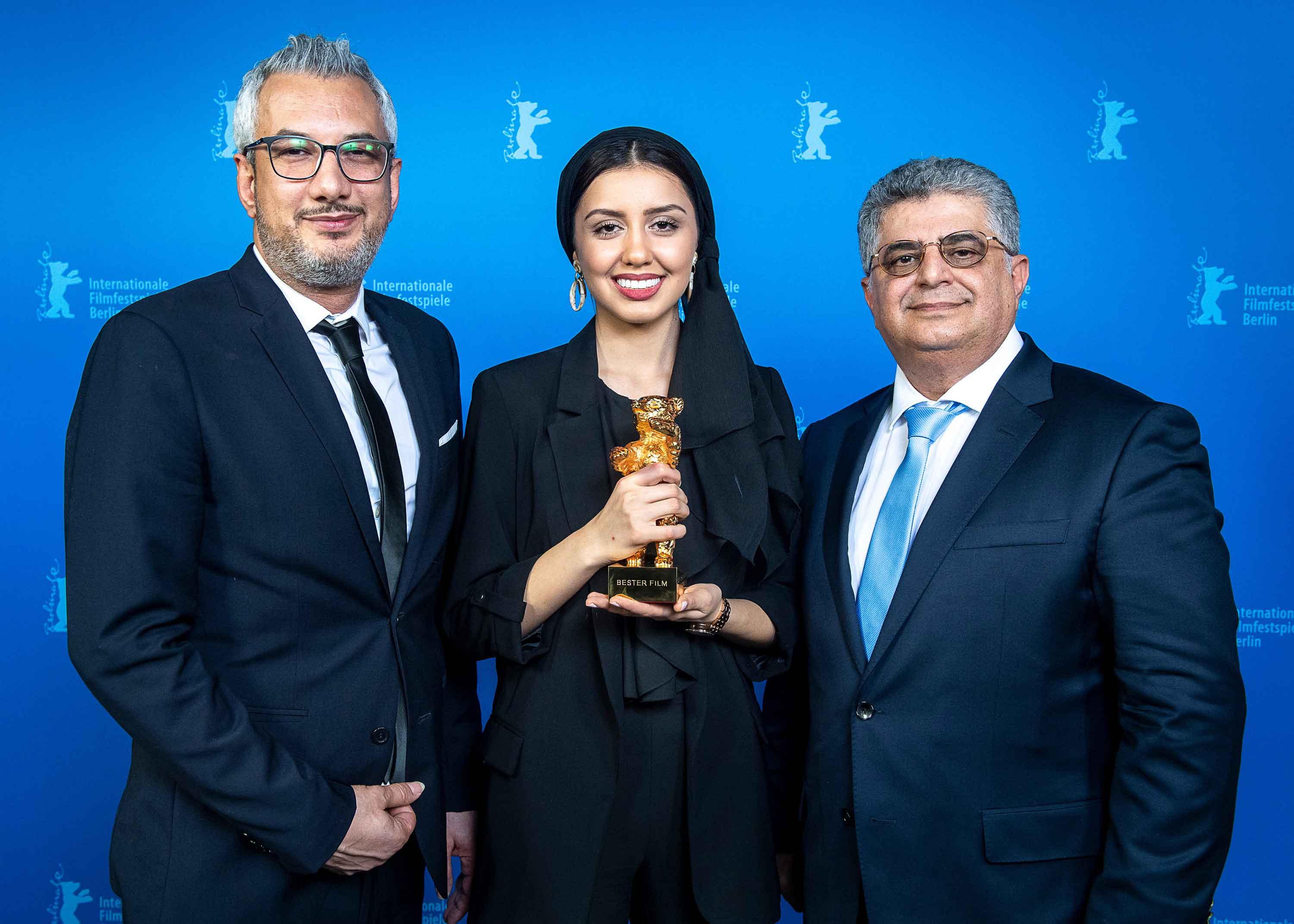 FARZAD PAK, BARAN RASOULOF, KAVEH FARNAM, ©BERLINALE
FARZAD PAK, BARAN RASOULOF, KAVEH FARNAM, ©BERLINALE
The Golden and Silver Bears were finally handed out to Iranian dissident director, Mohamad Rasoulof, whose government prevents him from leaving the country. He was awarded for Sheytan Vojud Nadarad (There Is No Evil), a tale concerning death penalty that was shot in secret by the director in his native Iran. The award was received by the director’s daughter, actress Baran Rasoulof, who portrayed Darya in the film, and producers Farzan Pak and Kaveh Farnam.
Authentic Narrative and Aesthetic Minimalism
In this review, we will take a look at a selection of films that we believe make this city and festival shine, with Sections that gift us with more than it seems. A reflection of a city open to the world and its diversity of gazes, thanks to the Berlinale Goes Kiez (since 2010), the festival has been branching out to various areas in Berlin inviting locals not only to experience film but also meet cast members in their neighbourhood and cinemas.
A festival with Sections such as Forum, Panorama, Generation and Retrospective, and a new series, Encounters, which presents works from innovative filmmakers who use unique narrative techniques, offers viewers everything from experimental films to documentaries. Looking at cinema beyond the glamour, unveiling stories viewers connect with and which leave a lasting impression, this year’s festival drew more visitors than ever, organisers reporting 272,000 sold tickets – 20,000 more than in the previous year.
Although the level of the competition might not seem especially outstanding this year, some of the films did catch our attention:
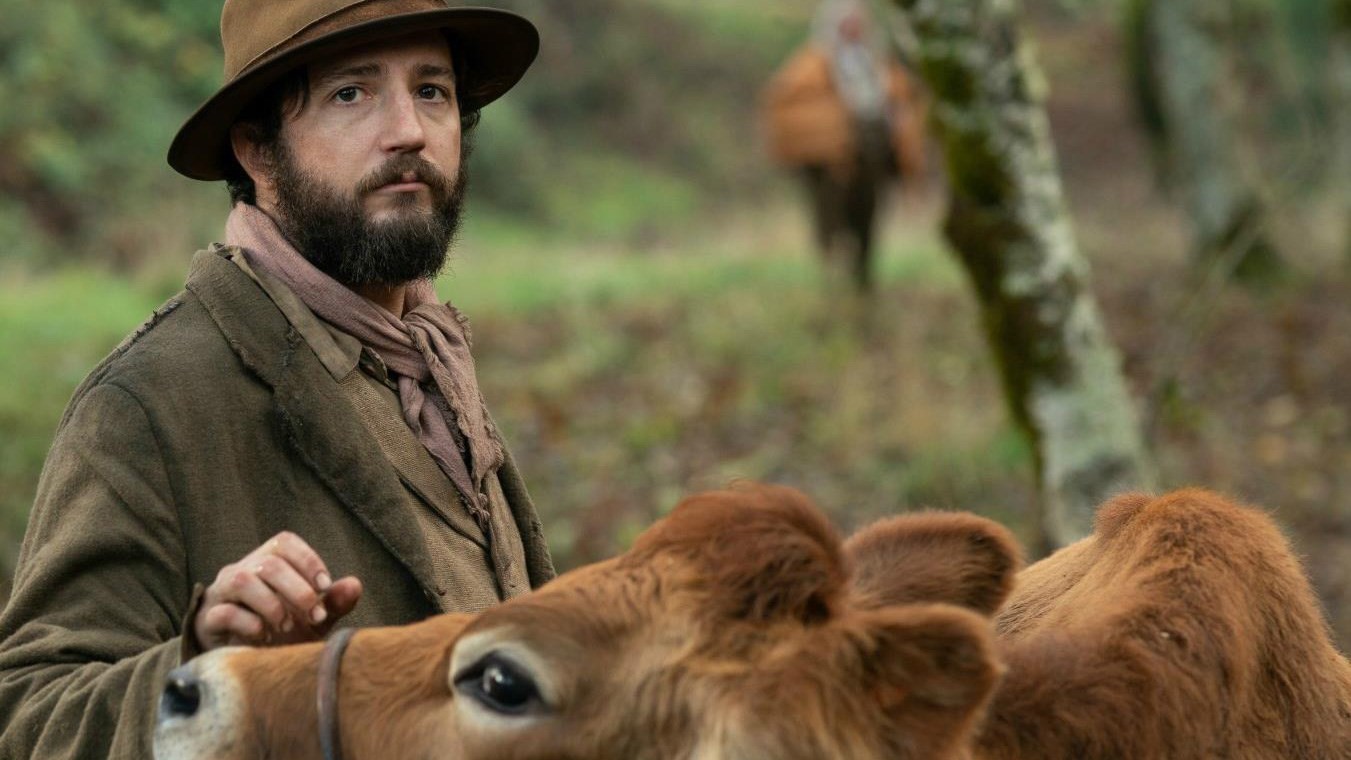 FIRST COW, © ALLYSON RIGGS/A24
FIRST COW, © ALLYSON RIGGS/A24
First Cow
The US film, First Cow, from Kelly Reichardt. The American filmmaker co-wrote the screenplay with Jonathan Raymond, author of the novel upon which the film is based. The film premiere in Europe in the main competition section received terrific reviews. Adopting a minimalist style of the observer of this story about Oregon’s first settlers, where a cook who signs on to serve a party of fur trappers in the Pacific Northwest, establishes a friendship with a Chinese immigrant.
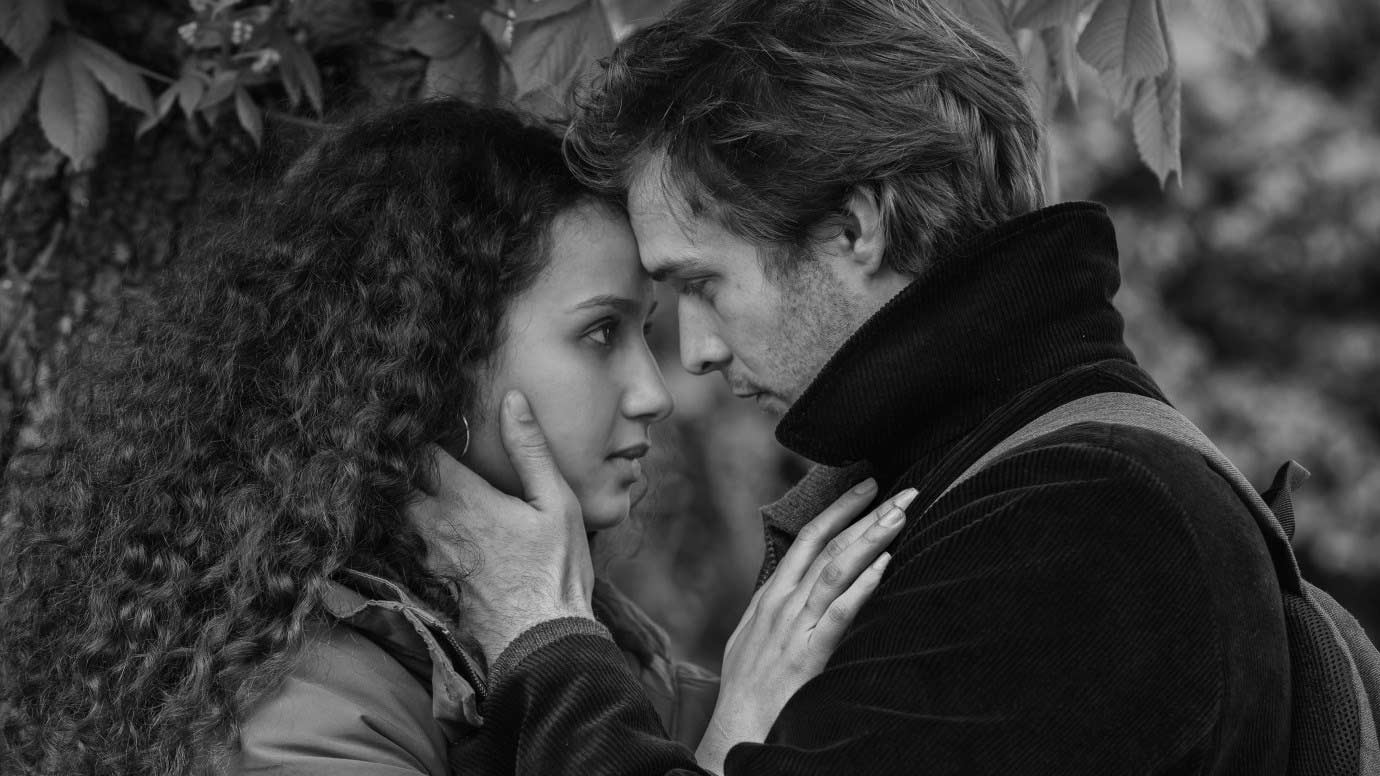 LE SEL DES LARMES, © RECTANGLE PRODUCTIONS – CLOSE UP FILMS
LE SEL DES LARMES, © RECTANGLE PRODUCTIONS – CLOSE UP FILMS
Le Sel des Larmes
Philippe Garrel latest film, Le Sel des Larmes. The filmmaker continues his exploration of love and sexuality in an elegant black and white line. In this case, the central male character boasts a confused mentality, which prioritises quantity over quality, and whose immaturity shines in front of the women who parade in his life.
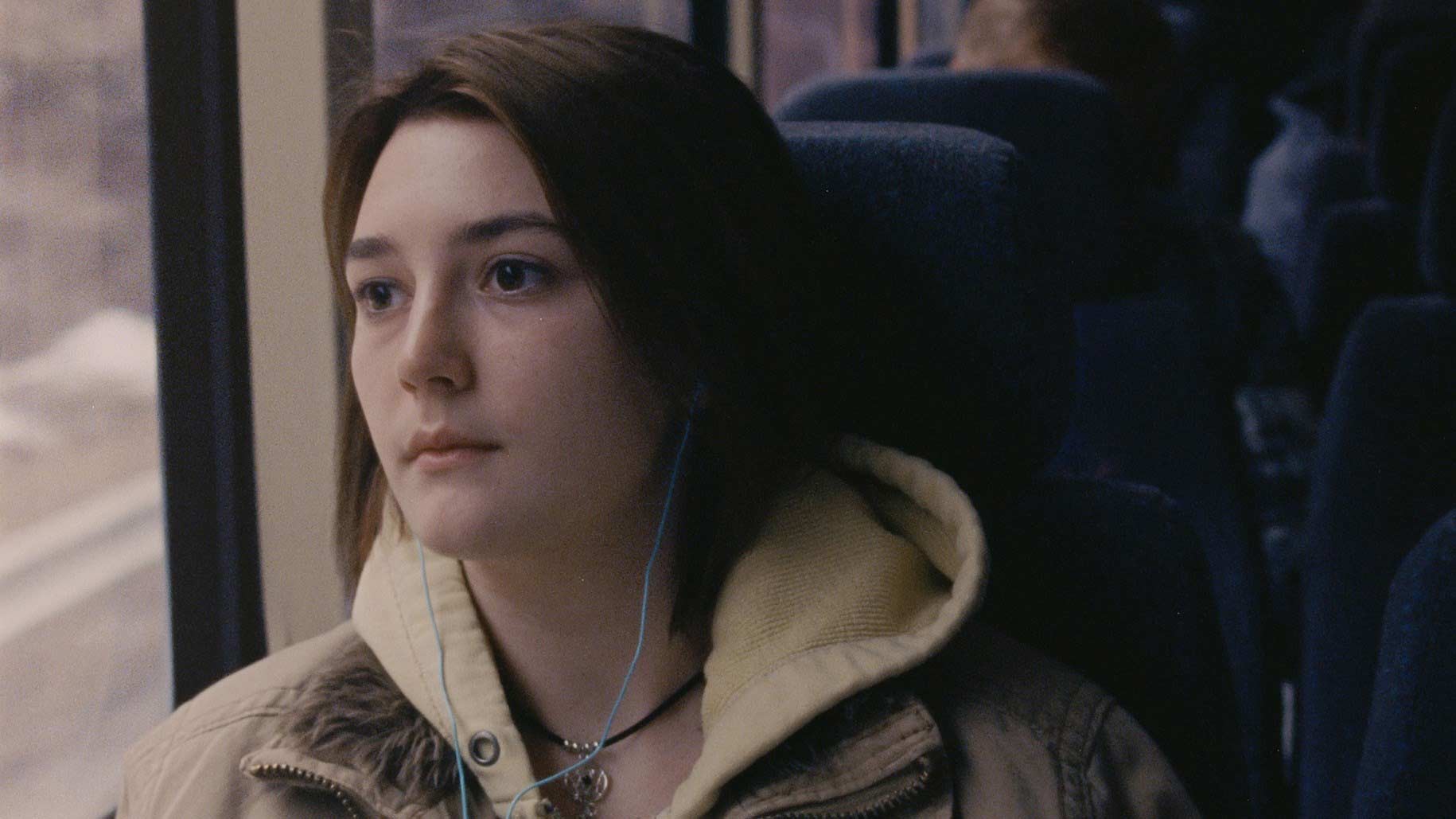 NEVER RARELY SOMETIMES ALWAYS, © 2019 COURTESY OF FOCUS FEATURES
NEVER RARELY SOMETIMES ALWAYS, © 2019 COURTESY OF FOCUS FEATURES
Never Rarely Sometimes Always
Never Rarely Sometimes Always by Eliza Hittman. The story of Autumn, a 17-year-old woman, who faces an unplanned pregnancy and decides to have an abortion on her own. The interpretive maturity of the young debutant, Sidney Flanigan, leaves you completely unarmed. It is not a film that aims to enter the abortion controversy, but a narrative of crude humanity and devastation, and the melancholic odyssey of Autumn, an introverted teenager. The international jury, recognising independent cinema, bestowed this film with the Silver Bear Grand Jury Prize, which finished top of Screen’s jury grid.
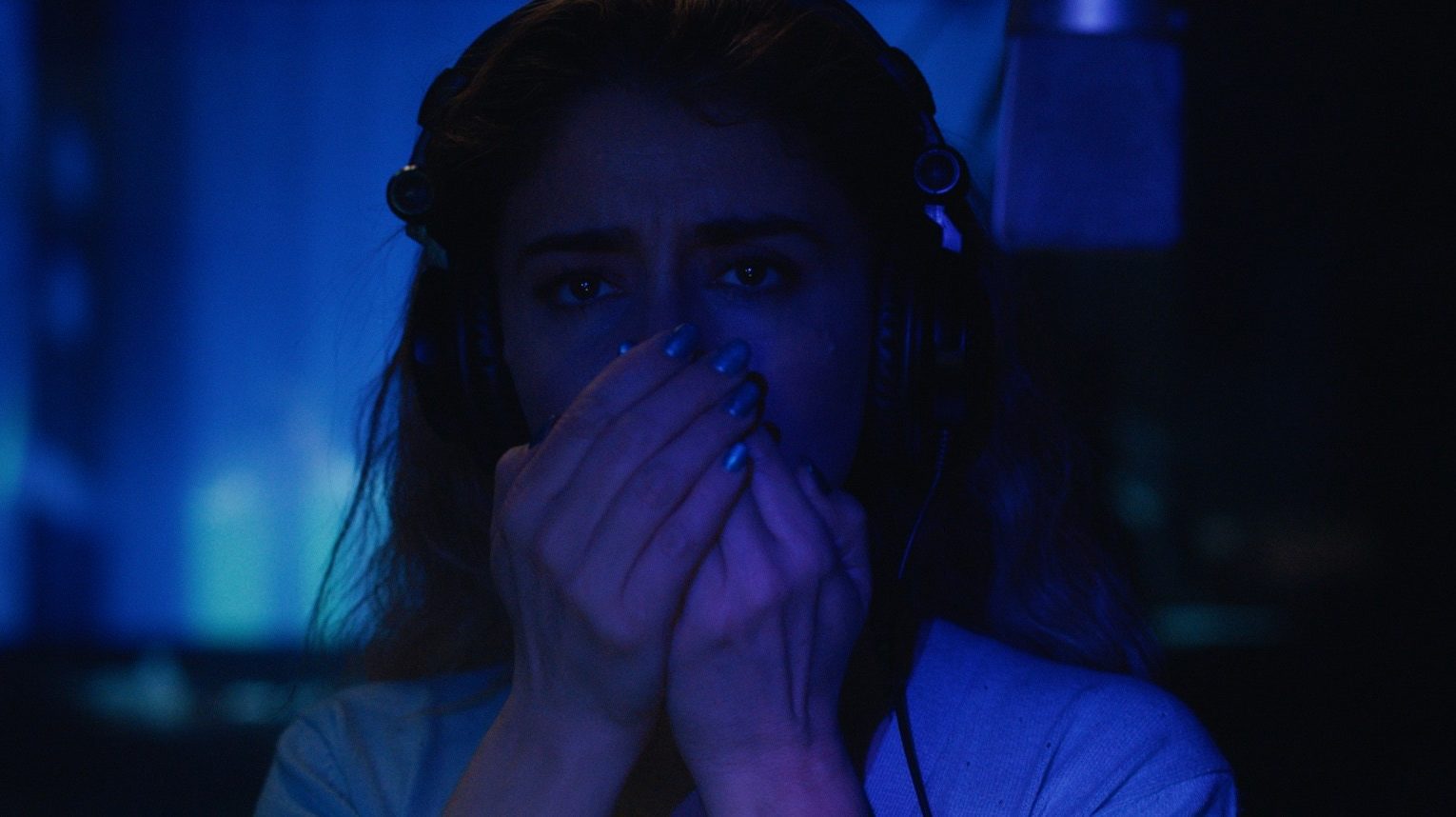 EL PRÓFUGO, ©REI CINE SRL, PICINI PRODUCCIONES SRL
EL PRÓFUGO, ©REI CINE SRL, PICINI PRODUCCIONES SRL
El Prófugo
The Berlinale confirms the good state of the Latin American cinema, with El Prófugo (The Intruder), an Argentinian thriller written and directed by Natalia Meta, based on the novel ‘El mal menor’ by C.E. Feiling. After her remarkable debut, ‘Death in Buenos Aires’, Natalia Meta has created a highly original psycho-sexual thriller, with enjoyable doses of humour by a superb Erika Rivas. The film takes disturbing elements mixed with bits of the universe of terror that place the movie at the crossroads of genres.
The Berlinale will be back earlier in 2021, running from 11-21 February.
Natalia Villaveiran
Creative and innovative marketing professional with a wealth of experience in events and project management. Film and short series enthusiast, her Latin upbringing is reflected in her interest for Latin American productions, art and music.
An Interview with Anna Drubich
Anna Drubich is a Russian-born composer of both concert and film music, and has studied across…
A Conversation with Adam Janota Bzowski
Adam Janota Bzowski is a London-based composer and sound designer who has been working in film and…
Interview: Rebekka Karijord on the Process of Scoring Songs of Earth
Songs of Earth is Margreth Olin’s critically acclaimed nature documentary which is both an intimate…
Don't miss out
Cinematic stories delivered straight to your inbox.
Ridiculously Effective PR & Marketing
Wolkh is a full-service creative agency specialising in PR, Marketing and Branding for Film, TV, Interactive Entertainment and Performing Arts.


